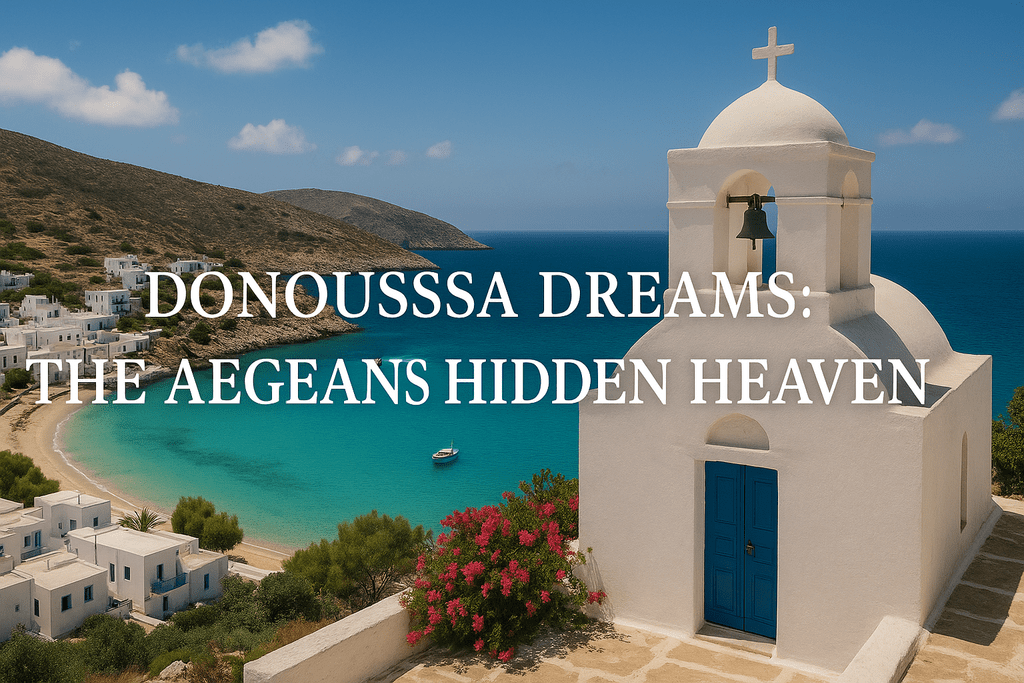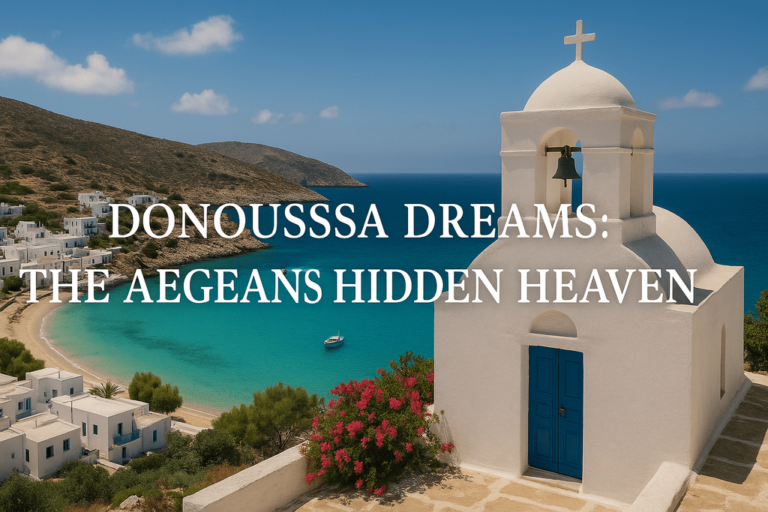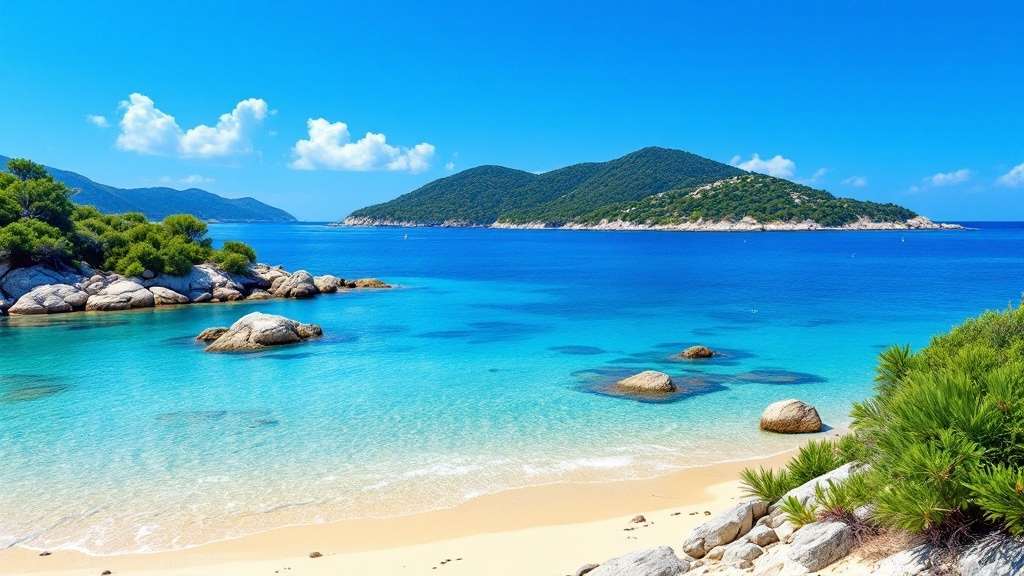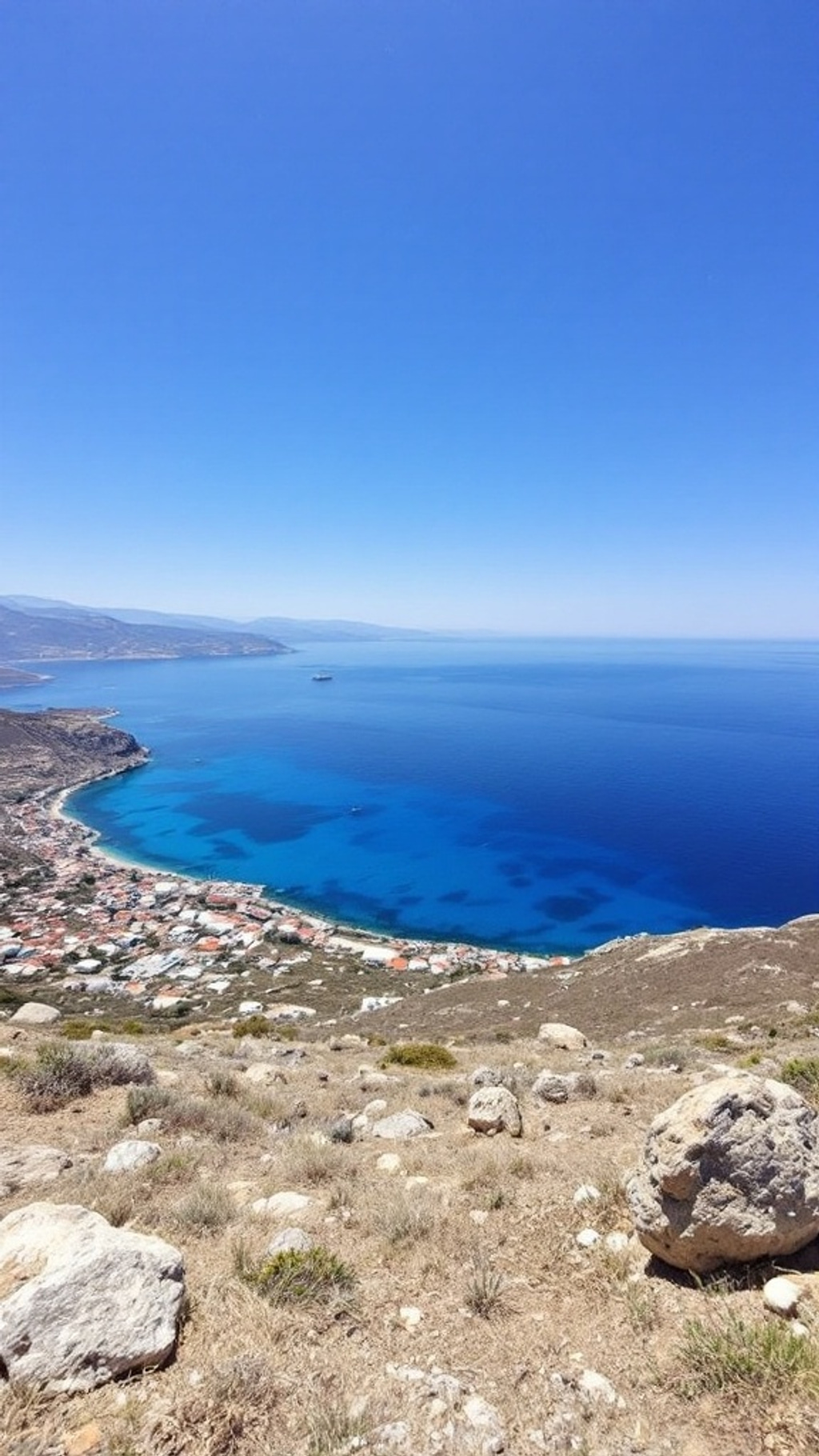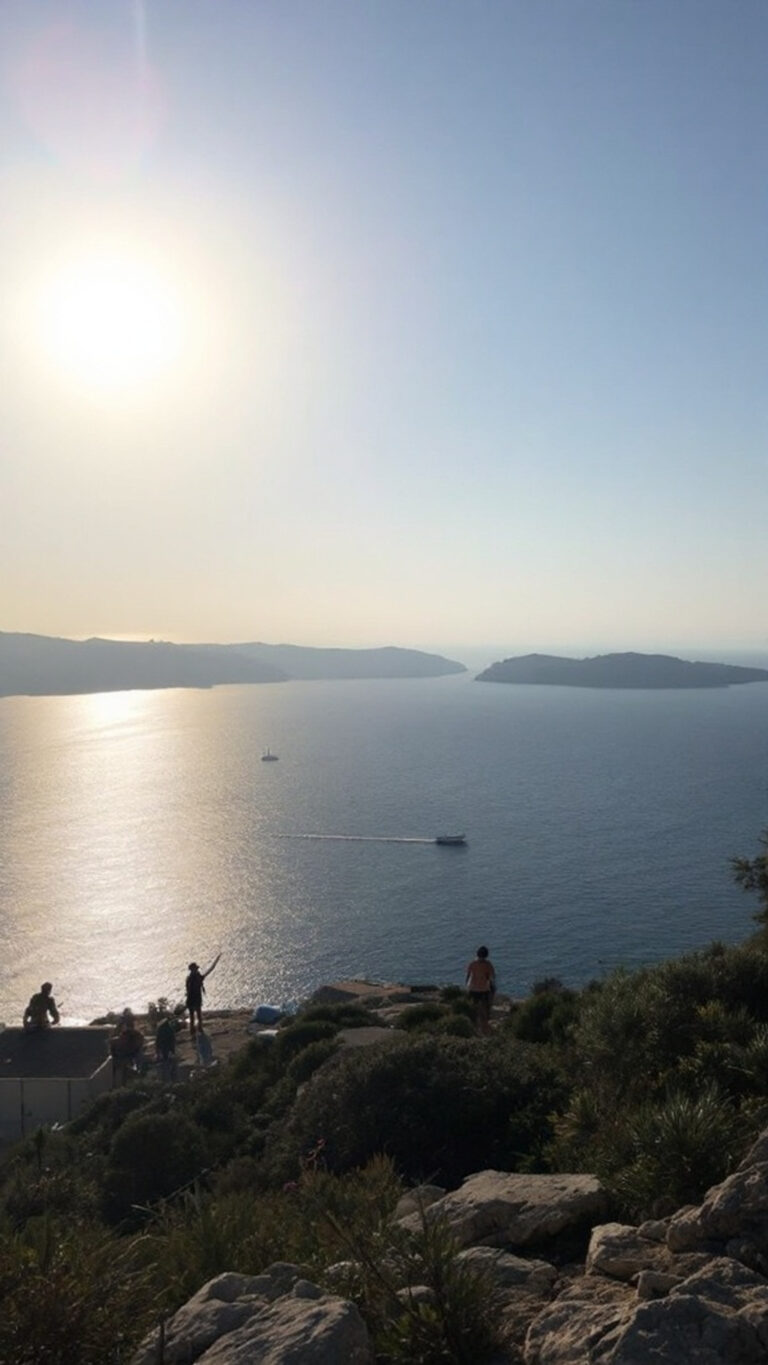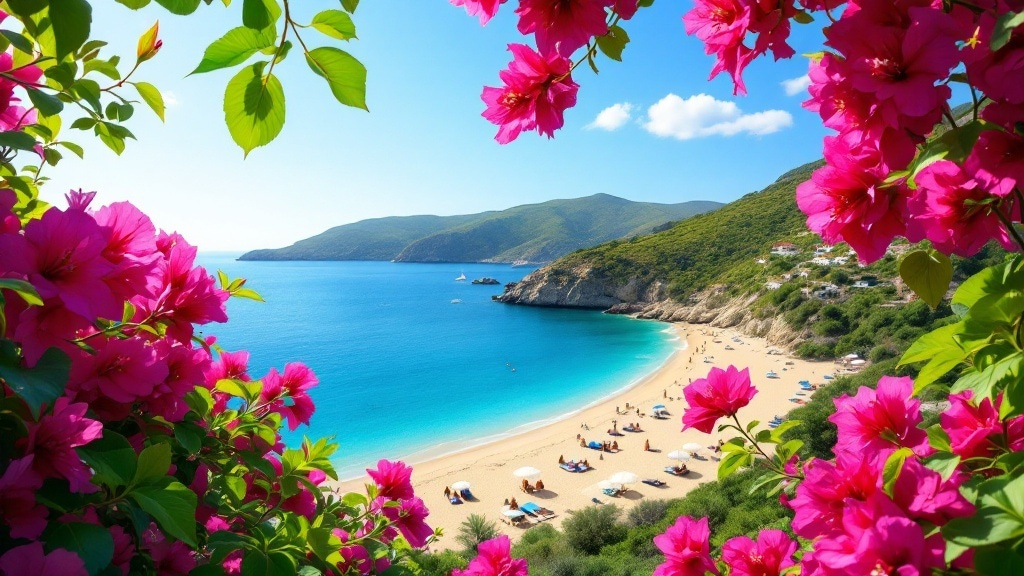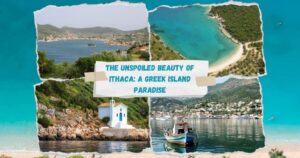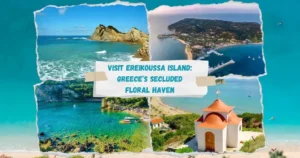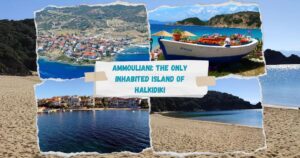Donoussa Dreams: The Aegean’s Hidden Heaven
The First Glimpse: A Slow Unfolding
It begins with the ferry. Seven hours from Piraeus, the sea stretching endlessly, the hum of the engine a constant companion. Then, almost imperceptibly, Donoussa appears—a speck on the horizon, growing with each passing moment. No grand fanfare, no bustling port—just a quiet promise of something different.
The boat docks at Stavros, the island’s main village. Whitewashed houses with blue shutters, a handful of tavernas, and the gentle murmur of waves against the shore. It’s immediately clear: this is not the Greece of glossy brochures and crowded beaches. This is something else entirely.
Settling In: Embracing the Pace
Stavros is the kind of place where time seems to pause. Mornings are for leisurely strolls along the beach, the sand cool beneath your feet. Afternoons drift by in the shade of a taverna, a glass of ouzo in hand, the sea shimmering in the distance. Evenings bring the soft glow of lanterns, laughter echoing through narrow alleys.
There’s a rhythm here, unhurried and soothing. You find yourself aligning with it, shedding the urgency of daily life. It’s not about doing more, but about being present. And in that presence, you discover a depth of experience that’s easy to miss in louder places.
There’s a particular bench near the harbor—weathered wood, a view that overlooks nothing special except the everything of the Aegean. I found myself there more than once, letting thoughts wander, sometimes not thinking at all.
Walking Donoussa: Small Island, Big Heart
One of the first things you learn on Donoussa is that distances are deceiving. What looks like a short walk on a map becomes a slow, contemplative journey through goat paths and terraced hills. And that’s the point. The island invites you to lose your way a little.
I set out one morning without much of a plan. The path curled along dry-stone walls and patches of wild thyme. Eventually, it led to Kalotaritissa, a quiet cove where the sand is soft and the water so clear it might as well not be there at all. A few other wanderers were already there, stretched out under the sun, no one speaking above a murmur.
There are no sunbeds. No beach bars. Just the occasional driftwood log and a communal sense of quiet reverence. It’s easy to feel, in moments like these, that the modern world has paused just long enough to let something older, slower, more elemental seep in.
People You Meet (or Don’t)
Donoussa doesn’t throw people at you. It lets you come to them.
You might pass the same old man each day on the way to the mini market. He never seems to be in a rush, and eventually, he nods with a kind of recognition that feels earned. One evening, I shared a table with a couple from Naxos, their eyes tired from work, their voices full of stories. They told me Donoussa was where they came to feel themselves again.
But just as often, you find yourself alone—in the good way. In the kind of solitude that isn’t loneliness, but something closer to clarity. You remember how to listen to your own thoughts. How to just be.
Food, Light, and Everything in Between
Greek food is simple, and on Donoussa it becomes simpler still—in the best possible way. A tomato here tastes like it remembers what a tomato should be. A piece of grilled fish comes with nothing more than olive oil and lemon, and it needs nothing more.
I remember one dinner vividly: a table on the edge of the harbor, octopus drying on a line behind me, cats weaving between chairs, hoping for scraps. The sun dipped behind the mountains, and everything turned that impossible color—not quite orange, not quite pink, but entirely right.
You don’t really plan meals here. You stumble into them. The taverna at the end of the path. The woman selling figs from a crate outside her door. The man with a small cart and a smile, offering bottles of raki like he’s handing over secrets.
Of Wind and Water
There’s wind, of course. The meltemi, they call it. Some days it arrives like a whisper, brushing the tops of olive trees. Other days, it barrels in, rattling shutters and sending napkins flying. But it never feels hostile. It’s just part of the rhythm.
And the water—always the water.
You swim not to cool off, but to connect. There’s a stretch of coast past Kedros Beach where the cliffs rise like something half-remembered from a myth. Jumping in there felt like stepping out of time. Salt on skin, sun on back, silence under the surface. Moments like that don’t demand anything of you. They just exist. And if you’re lucky, you exist in them.
When Leaving Feels Wrong (But Right)
Eventually, of course, you have to leave. The ferry arrives just as slowly as it came. You board reluctantly, finding a seat near the railing, watching Donoussa shrink again into that speck.
But something stays with you. Not in a postcard way, not in a “what a great trip” kind of way. More like a subtle shift. A softness behind the eyes. A slowness in how you move. Maybe even a quiet promise to return—not to escape life, but to remember how to live it.
Final Thought (Or Maybe Just a Pause)
Donoussa doesn’t try to impress. That might be its greatest charm. It’s not a place you conquer or check off a list. It’s a place you sink into, like warm sand or a long breath. You leave knowing less about it than you thought you would. But maybe you understand something more.
Or maybe you don’t. And maybe that’s the point.

